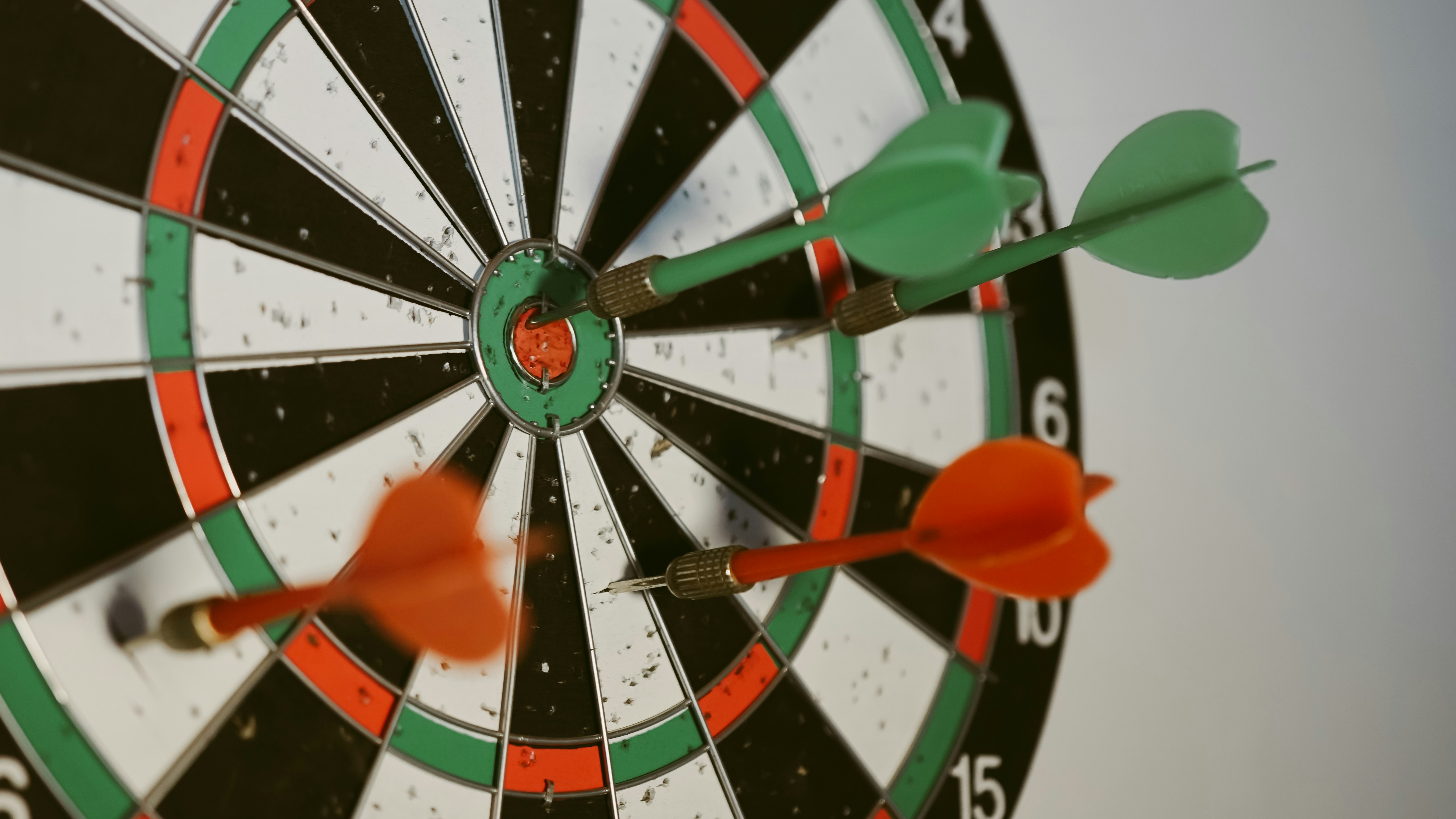Goal Setting
I am motivated by goals. Setting a goal gives me a clear destination and allows me to plan projects that lead to the desired outcome. My goals are more specific when they are near-term and less detailed when they are in the distant future.
For example, I envision owning a house, expanding my family, and being satisfied with my career five years from now. In contrast, my goal for the first quarter of 2024 was to improve my career prospects, improve my mental state, and improve my health. I was looking for a job, ideally one that offers long-term growth opportunities and has a strong engineering culture. My mental health was deteriorating, which required me to address my depressive state. The decline in my health statistics necessitated proactive steps to prevent potential serious health issues.
Generally, I prefer setting goals quarterly as it strikes a balance between pursuing ambitious objectives and allowing for regular reassessment. This approach also aligns well with the changing seasons. Moreover, it lets me set smaller monthly milestones that contribute to the overall quarterly goals.
Generalized Goals
I’m not a fan of metric-based goals. In my experience, setting OKR for personal and subjective objectives often leads to disappointing results rather than achieving or surpassing those metrics. Instead, I prefer setting themes and envisioning what my life could be like if I were to achieve those goals.
As a software developer, I use a Scrum-like process to break down my goals into projects and plan two-week sprints. At the start of each quarter, I consider projects that could help me achieve my goals. I prioritize these projects, assess them in relation to the length of the sprint and the available time within the sprint, and plan the upcoming projects. This involves writing tasks, sequencing them, and noting any dependencies.
Improving my mental health is a subjective goal, as there’s no objective way to measure mood. I could self-rate my mood daily, but there’s a risk of deliberately altering my ratings to meet the metric. Another approach could be to gauge mood improvement through increased productivity or social interactions. However, I’ve found that I can still be productive when in a low mood, and my mood can fluctuate throughout the day due to energy levels and external factors.
So, I’ve set a broader goal of enhancing my mood. In retrospect, my mood improved when I made conscious efforts such as taking time for myself when overwhelmed, and not forcing productivity if it led to unhappiness. I dedicated time to understanding what influences my mood, and focused on reducing negative influences and increasing positive ones.
Know Yourself
I’ve realized that I’m driven by achievement and feel happier when accomplishing tasks. To foster this sense of accomplishment, I started setting quick and easy to-do items and tackled these tasks first thing in the morning. This strategy boosted my motivation to undertake larger tasks later in the day. I also found it helpful to break down complex tasks into smaller, manageable parts, and to use the Pomodoro technique, which involves 25-minute work sessions. Each successful Pomodoro session brought me a sense of accomplishment. I have tried setting rewards in the past, but I found that I’m not motivated by rewards. Instead, I prefer seeing a list of completed tasks, even if they are small or only account for a fraction of a larger task.
My approach to goal setting is not for everyone. You should take the time to understand what motivates you and structure your productivity systems to match. Try experimenting with various methods until you find ones that resonate with you. Metrics may work for you. You may need to set weekly, bi-weekly, or maybe yearly goals instead of quarterly. Experiment and continue learning about yourself.
 Photo by
Photo by